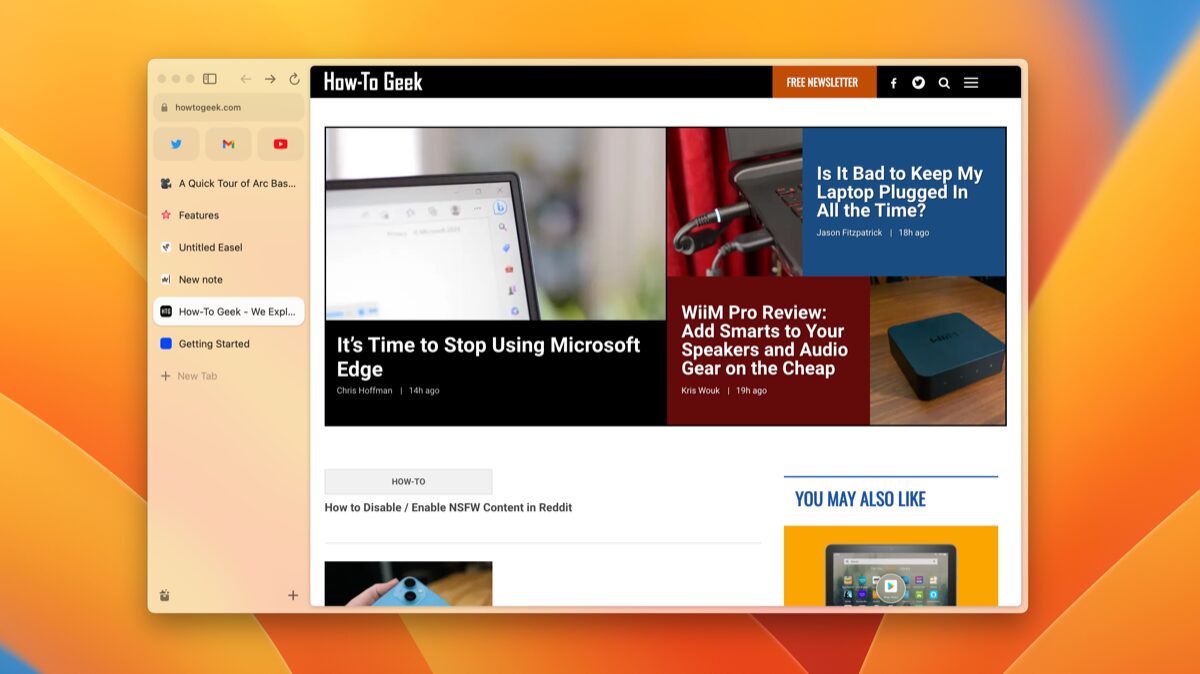Microsoft Is Serious About Gaming on ARM Windows Laptops
Windows 11
Even as Microsoft and OEMs are doubling down on ARM laptops and PCs, x86 PCs and the decades of software built for them aren’t going anywhere. Microsoft has announced some improvements to its x86 compatibility layer for ARM Windows PCs, and some features specifically tailored to games.
Microsoft has announced that its Windows 11 24H2 update further improves ARM gaming through several key advancements, as the first Snapdragon X Elite laptops start arriving at stores. One of them is the new Prism Emulation engine. This new emulation engine seamlessly translates x86 or x64 game code to the ARM64 instruction set, unlocking a vast library of existing games for Arm devices without requiring developer intervention. Windows 10 and Windows 11 could already emulate x86 software on ARM PCs, but the updated Prism engine is supposedly an improvement.
There’s also Automatic Super Resolution, or Auto SR. An OS-integrated AI technique, Auto SR enhances visuals and smooths gameplay in select games by default. You can think of this as something like AMD’s FSR or NVIDIA’s DLSS, but integrated into the Windows operating system. If Microsoft can get this working right, it can be pretty cool. BattlEye, Denuvo Anti-Cheat, and Wellbia XIGNCODE3/UNCHEATER now all support Windows on ARM—regardless of your opinion on anti-cheat and DRM software, this is certain to attract developers to release games on ARM Windows, so if you buy your games legally, this is good news.
Unity, a leading game engine, now also runs natively on ARM, so developers can put together games and software using the Unity engine. This will certainly open up a lot of doors for both gamers and developers. Microsoft and Qualcomm have contributed compatibility data to WorksOnWoA.com, a website developed by Linaro, cataloging nearly 1,400 games compatible with Windows on Arm, further expanding the available game library.
All of this is good news, and while you might not be able to play the hottest Windows games on ARM with settings all cranked up to the max, this is a good start, and we hope to see more development in this direction.
Source: Microsoft













